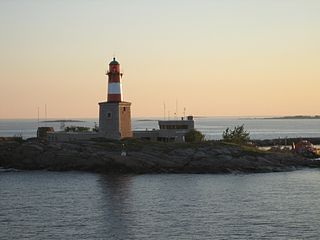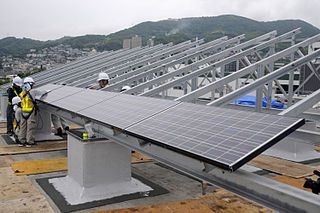Obama and Romney Sidestep Energy

Is it only my imagination, or did Obama fail to defend body blows on clean energy last night? I thought he gave a horrible performance on energy issues! Very, very weak. Are you planning to comment on your blog?
Yes, it was discouraging.
Part of me excuses Obama because, 24 X 7, he’s actively managing the most important single entity on the planet. His opponent, admittedly a smart guy, can spend all his waking hours sharpening his tongue. But regardless, Romney did a terrific job. My congratulations to a master in his craft.
The other part of me suggests that Obama, whose expressed energy policy is “all of the above,” (i.e., that we need to pursue clean coal, gas, nuclear, and renewables in all their forms) really deserved exactly what he got. His lack of clarity and leadership in a critical time makes his position only slightly less ludicrous than Romney’s.
It’s a symptom of the political zeitgeist, based squarely on Big Money, where real integrity is pretty-much entirely absent.
As you know, I applaud Obama for having rescued the U.S. from the “drill baby drill” mentality that he inherited from his predecessor (whose name is no longer used in polite company — nor any other, as far as I can discern). But the state of our current political discourse has most certainly sunk to a new low.
In the period that precedes each election Tuesday, the Ghost of Democracy Past is paraded out in front of us in an effort to convince us that We the People have some legitimate participation in our government. On cue, the ghost returns silent to its grave each election Wednesday, at which point we go back to living under the brutal pounding of the will of the aforementioned Big Money.
Sorry, but it’s hard to take this theater too seriously.

 In response to my piece calling for an
In response to my piece calling for an 
 People often ask me to tell them what’s happening in the energy world in an abbreviated form. That’s not particularly easy, as there are many forces at work right now that are pushing in two different directions at the same time. Here’s a quick list.
People often ask me to tell them what’s happening in the energy world in an abbreviated form. That’s not particularly easy, as there are many forces at work right now that are pushing in two different directions at the same time. Here’s a quick list. Sunny Florida has sufficient sunshine to power 20 million homes. Florida Gov. Rick Scott (R) when campaigning vowed to create 700,000 jobs. Upon election, he axed programs that centered on renewable energy. The Sunshine State now ranks dead last in creating green jobs. That’s right, it ranks 50th. (Vermont is #1).
Sunny Florida has sufficient sunshine to power 20 million homes. Florida Gov. Rick Scott (R) when campaigning vowed to create 700,000 jobs. Upon election, he axed programs that centered on renewable energy. The Sunshine State now ranks dead last in creating green jobs. That’s right, it ranks 50th. (Vermont is #1). The issues regarding hydraulic fracturing or “fracking” are considerably growing as risk analysts have issued their concerns regarding the contaminated waste water coming from hydraulic fracking wells have a great potential of polluting rivers and other sources of water within an area. The same analysts have also called out for additional mandatory steps in order to reduce or stop the contamination of drinking water sources from salts or other radioactive materials, such as uranium, radon and radium. You should know that these three are just some of the many hazardous chemicals used by companies who harvest natural gas through hydraulic fracturing. These findings and recommendations are just some of the issues that surrounds hydraulic fracturing ever since it was placed under public and government scrutiny because of its potential risks to the environment.
The issues regarding hydraulic fracturing or “fracking” are considerably growing as risk analysts have issued their concerns regarding the contaminated waste water coming from hydraulic fracking wells have a great potential of polluting rivers and other sources of water within an area. The same analysts have also called out for additional mandatory steps in order to reduce or stop the contamination of drinking water sources from salts or other radioactive materials, such as uranium, radon and radium. You should know that these three are just some of the many hazardous chemicals used by companies who harvest natural gas through hydraulic fracturing. These findings and recommendations are just some of the issues that surrounds hydraulic fracturing ever since it was placed under public and government scrutiny because of its potential risks to the environment.  A colleague wrote a few minutes ago to tell me that the government of Bonaire may want our advice re: sustainability. I wrote back:
A colleague wrote a few minutes ago to tell me that the government of Bonaire may want our advice re: sustainability. I wrote back: